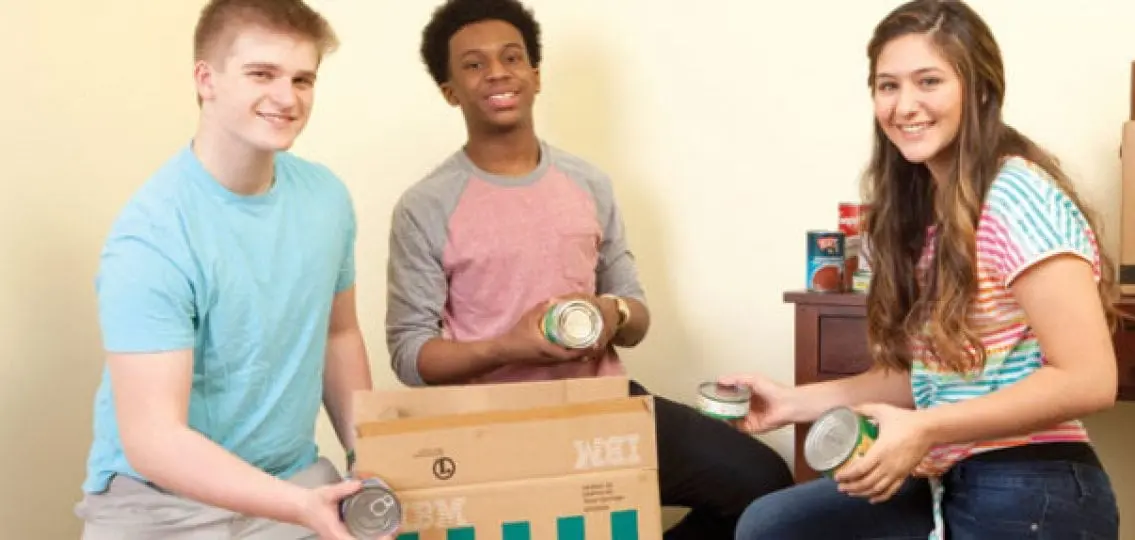Volunteering is an excellent way for your teenager to give back to the community. And it’s also a practical way for your teenager to learn some real-world skills as well as exploring potential career paths.
3 Ways that Volunteering Benefits the Volunteer
1. Exploring Options For the Future
“We’ve had a ton of volunteers where the experience has really helped develop an interest in their future,” says Sarah Perez-Stable, director of program and volunteer services for Youth Challenge, a nonprofit organization that works to provide sports and other recreational experiences for children and teenagers with physical disabilities.
Says Perez-Stable, “We’ve had go on to be special education teachers or occupational or physical therapists. We’ve even had volunteers who became interested in genetics and want to understand how our genes can contribute to certain conditions.”
2. Acquiring Real-World Skills
The benefits of volunteering for teens also include the real-world skills and personal growth that go hand in hand with making a commitment. Here are some of the practical skills and personal benefits that teenagers can learn by sticking with a volunteer experience:
- Building community
- Increasing socializing
- Improving mental health
- Increasing self-esteem
- Meeting deadlines
- Dressing professionally
- Working with colleagues
- Getting to work on time
“Our teenage volunteers are responsible for coming in on schedule. They have specific roles and responsibilities,” notes Perez-Stable.
3. Combining Personal Interests and Responsibility
If your teenager wants to try volunteering or has a school requirement, start with a conversation about their interests. Chances are there’s a way to pursue those interests in a not-for-profit setting somewhere in your community. That’s just what 16-year-old Maddie Sampson discovered. “I love to play the piano, so every other week I play for the residents of a retirement community in my town. It’s been great.”
Adds Maddie’s mom: “She has to be on time, dressed nicely, and prepared to play the piano for a room full of residents. Most of all, this experience taught her a lot about personal responsibility for following through on an obligation.”




